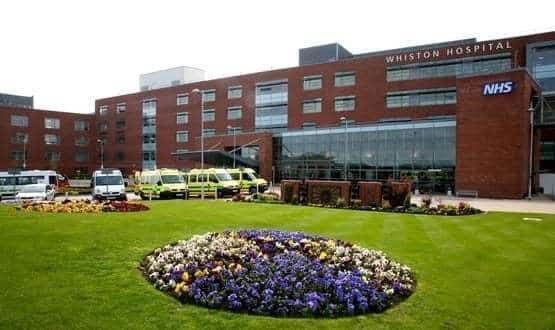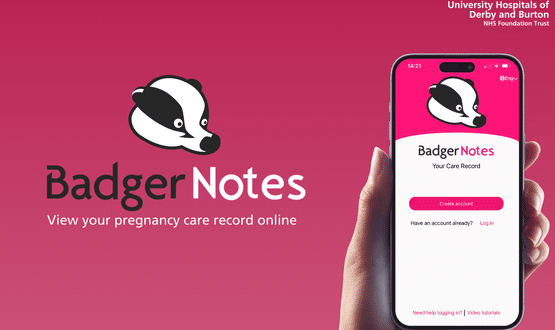St Helens and Knowsley selects System C for PAS and EPR
- 6 July 2017

St Helens and Knowsley Teaching Hospitals NHS Trust has signed a 10-year contract with System C for a new Medway patient administration system and electronic patient record.
The trust will aim to deploy the new system within 11 months, replacing the existing IMS Maxims PAS.
System C will supply a locally managed service, covering the Medway patient administration, emergency department, order communications and results reporting systems, together with advanced business intelligence and integrations to existing trust systems.
St Helens and Knowsley is already using Medway Maternity, System C’s maternity software, which will be integrated into the new system.
The implementation will also include single sign on access, with patient context, to existing third party systems in use at the trust, including electronic document management software, PACS, order communications and discharge summaries.
Christine Walters, director of informatics at the trust, said: “We selected System C because it is a really good fit for NHS processes and workflows. System C also has a great track record of rapid and safe delivery.”
The trust had previously been thought to be in late-stage negotiations with InterSystems to supply its TrakCare EPR system.
St Helens and Knowsley employs 4,500 staff across its two main acute sites in St Helens and Whiston hospitals.
Once introduced at the Merseyside trust, the Medway system will help staff capture and share information at the point of care, helping provide safe and effective clinical care, as well as improving working practices, efficiency and operational performance.
“Having all the patient information in one place and readily accessible to those who need it, without them having to log into multiple systems, will bring significant benefits”, said Dr Francis Andrews, assistant medical director and the trust’s Caldicott Guardian.
Markus Bolton, joint chief executive of System C, said the trust is a great match for System C’s solutions and philosophy and they look forward to a long and successful partnership.
“Our work on the Digital Exemplar programme will transform clinical IT for our user base and St Helens and Knowsley will be working with us on that transformation.”
According to System C, a total of 22 NHS trusts use its Medway software. Of the 22 deployments, the company says 19 were completed in 12 months or less.





4 Comments
Oops! Terribly sorry, chaps.
@Richard,
You’re likely thinking of the SystmOne product by TPP … who are attempting to get more secondary care business. Whereas System C started many years ago in secondary care and are branching into more community based activity
Unfortunately I think you have the supplier mistaken for another – System C are a long time provider of Acute PAS software and this has been their primary market sector for a number of years.
I find it interesting that software houses like System C, which started life writing GP systems are encroaching on hospital PAS and EPR. I always felt that GP systems, being originally designed my maverick GPs, were doctor-friendly, and therefore better than the hospital-software market, which were designed by “systems analysts” and programmers, with minimum input by clinicians, on the traditional Chinese-whisper technique of system development. This resulted in clinician-unfriendly, nurse-unfriendly, receptionist-unfriendly systems, which have proved to be unfit for purpose.
Am I right?
If I am, can we expect software produced by GP-software houses to take over the hospital market in the next few years?
Comments are closed.